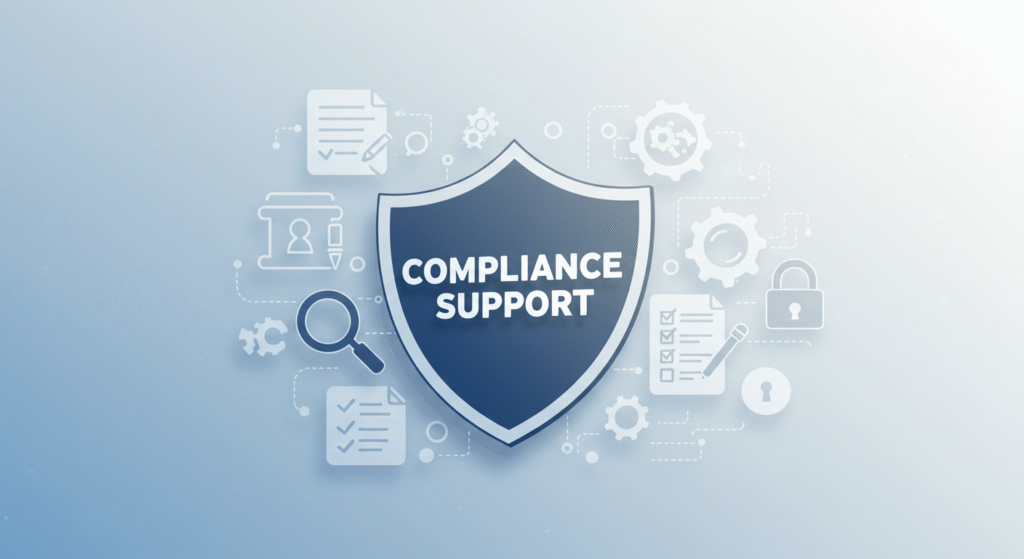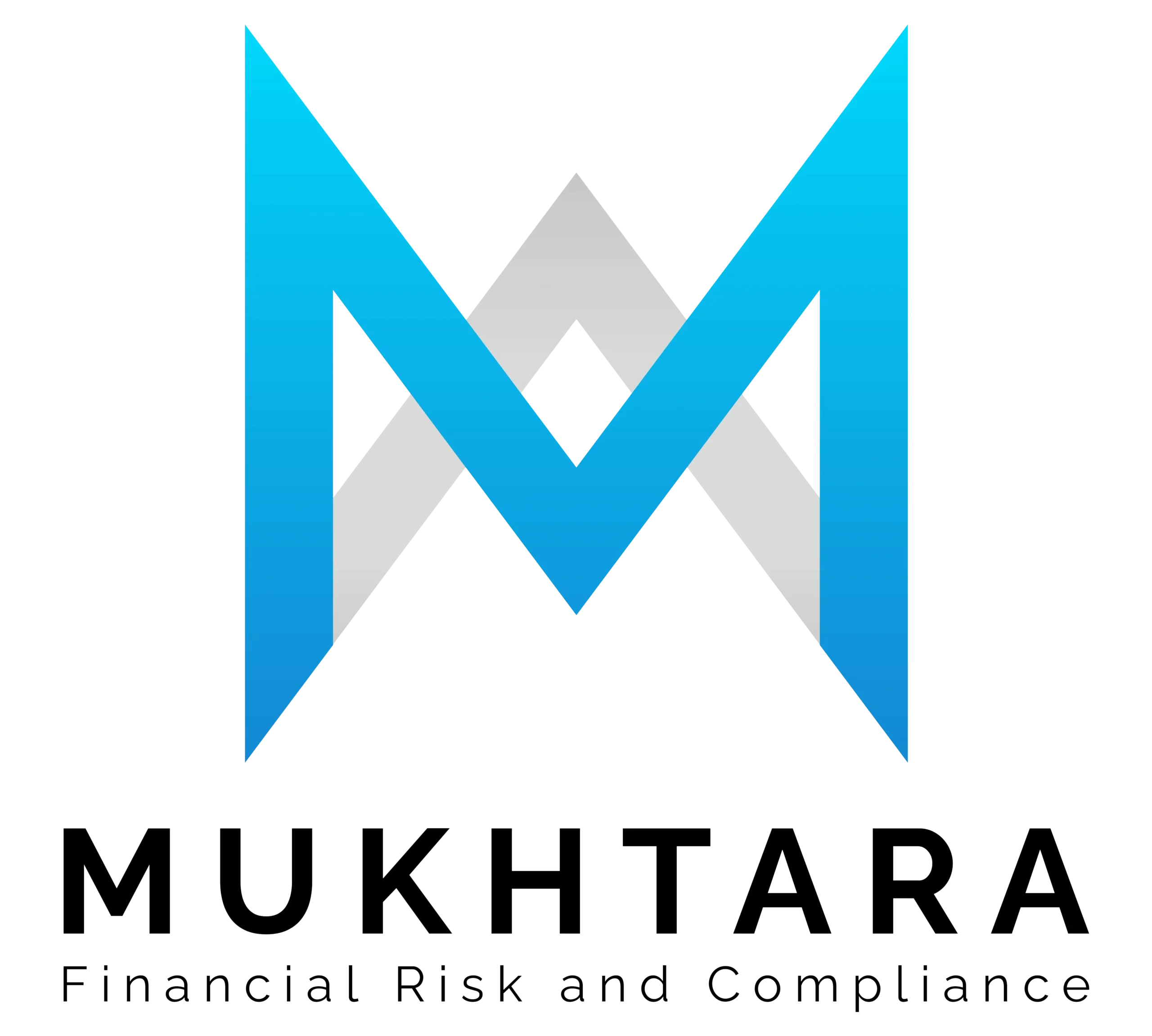In today’s fast-paced financial world, knowing what is compliance in AML/KYC isn’t just important—it’s essential. Whether you work in banking, fintech, or crypto in the UAE or broader MENA region, solid compliance practices protect your business from risks like fines, reputation loss, and regulatory action.
This post will guide you through the compliance journey—raising awareness, understanding best practices, and exploring how to implement effective solutions—so your business stays secure and trusted.
The Rising Importance of AML/KYC Compliance in Today’s Market

Global and Regional Regulatory Landscape
Across the globe, regulators are taking a stricter approach to financial crime. The Financial Action Task Force (FATF) continues to update standards that nations must follow. Locally, the UAE Central Bank, the Dubai Financial Services Authority (DFSA), and the Abu Dhabi Global Market (ADGM) are actively enforcing compliance obligations.
In 2025, the Central Bank of the UAE imposed fines totaling more than AED 339 million on exchange houses, banks, and insurers for AML/KYC violations, reflecting its alignment with FATF standards and commitment to financial transparency (Central Bank of the UAE, 2025).
Why Businesses Can’t Afford to Overlook Compliance
Recent enforcement actions demonstrate that non-compliance carries serious consequences—ranging from AED 500,000 fines and permanent bans for responsible officials to institution-wide penalties of up to AED 200 million—underlining that AML/KYC failures threaten not just finances, but individuals’ careers and business viability (Central Bank of the UAE, 2025; Taxadepts, 2025).
Being compliant, therefore, is not just about avoiding penalties. It is about building trust with regulators, investors, and customers. In a market like the UAE—positioning itself as a global financial hub—compliance is a competitive advantage.
What Is Compliance in AML/KYC: Best Practices and Requirements

Defining AML and KYC Compliance
AML (Anti-Money Laundering) and KYC (Know Your Customer) are interconnected.
- AML focuses on detecting and preventing money laundering and terrorism financing.
- KYC ensures businesses know who their customers are and understand their risk levels.
Together, AML and KYC form the backbone of financial integrity.
Core Requirements of AML/KYC Programs
A strong AML/KYC program in the UAE should include:
| Requirement | What It Means | Why It Matters for UAE Businesses |
| Customer Due Diligence (CDD) | Verifying customer identity using reliable documents and data. | Reduces onboarding of high-risk or fraudulent clients. |
| Enhanced Due Diligence (EDD) | Extra checks for high-risk clients (e.g., PEPs, high-risk regions). | Ensures alignment with FATF standards and local laws. |
| Transaction Monitoring | Ongoing review of transactions for suspicious activity. | Detects unusual patterns to prevent financial crime. |
| Suspicious Activity Reports (SARs) | Mandatory filing when potential money laundering is detected. | Protects business from liability and regulatory penalties. |
| Record Keeping | Maintaining compliance data and audit trails for 5+ years. | Demonstrates accountability during inspections. |
Best Practices from Compliance Experts

Over years of advisory experience, several proven strategies have emerged:
- Adopt a risk-based approach: Focus resources on high-risk customers and activities rather than spreading efforts thin.
- Leverage RegTech: Automated solutions enhance transaction monitoring and screening accuracy.
- Invest in training: Every employee, from the front office to senior management, should understand compliance roles.
- Document thoroughly: Regulators place high value on clear and detailed evidence of compliance actions.
- Stay updated: The UAE’s removal from the FATF grey list in 2024 was a reminder of how rapidly compliance expectations can evolve (Allen & Overy, 2025).
By embedding these practices, businesses not only protect themselves but also strengthen their position in the market.
AML/KYC Compliance Support: How to Implement and Maintain Control

Challenges Businesses Face in Implementation
For many organizations, compliance is easier said than done. Key challenges include:
- Limited in-house compliance expertise.
- Navigating overlapping laws across free zones and mainland jurisdictions.
- Adapting to rapid regulatory updates in areas like crypto and virtual assets.
- Balancing smooth customer onboarding with thorough verification.
How Professional Advisory Services Help
This is where expert partners such as MCompliance add value. Professional advisory services can:
- Design tailored compliance frameworks specific to your industry and business model.
- Conduct gap assessments to identify weak spots before regulators do.
- Guide technology integration, from AML screening systems to KYC platforms.
- Provide remediation support when compliance issues are flagged.
By working with a trusted advisor, businesses benefit from both technical expertise and local knowledge of UAE regulatory environments.
Ongoing Maintenance & Monitoring
Compliance is not a one-time project. It requires continuous attention, including:
- Regular internal audits and system reviews.
- Periodic employee training to strengthen compliance culture.
- Monitoring legal updates and adjusting frameworks accordingly.
With structured advisory support, businesses can move from reactive compliance to proactive risk management—building resilience and credibility.
Conclusion & Call to Action
Understanding what is compliance in AML/KYC is more than regulatory necessity—it is a cornerstone of sustainable business growth in the UAE. Strong compliance safeguards your operations, protects your reputation, and strengthens trust with customers and regulators alike.
At MCompliance, we specialize in helping businesses design, implement, and maintain AML/KYC frameworks that meet both UAE and global standards. From risk assessments to ongoing monitoring, we ensure your organization is always prepared.
Take the next step: Contact MCompliance today to schedule a consultation and secure your compliance future with confidence.
Frequently Asked Questions (FAQ)
1. What is compliance in AML/KYC?
Compliance in AML (Anti-Money Laundering) and KYC (Know Your Customer) refers to the systems, processes, and controls businesses must follow to prevent money laundering, terrorist financing, and financial crimes. It includes verifying customer identity, monitoring transactions, and reporting suspicious activity.
2. Who regulates AML/KYC in the UAE?
The Central Bank of the UAE (CBUAE) is the primary regulator for banks, exchange houses, and insurance companies. Other regulatory bodies include the Dubai Financial Services Authority (DFSA) and Abu Dhabi Global Market (ADGM), which oversee financial institutions in their respective jurisdictions.
3. What are the penalties for non-compliance in the UAE?
Penalties range from AED 500,000 to AED 200 million, depending on the severity of violations. In some cases, compliance officers or executives may face personal sanctions, including bans from working in the financial sector.
4. Why is AML/KYC compliance so important for businesses?
It protects businesses from financial crime risks, reputational damage, and regulatory fines. More importantly, strong compliance builds trust with customers, partners, and regulators — ensuring long-term business sustainability.
5. How can MCompliance help with AML/KYC compliance?
MCompliance provides tailored compliance advisory services, including risk assessments, gap analysis, training, and implementation support. Our experts help businesses in the UAE align with both local regulations and global FATF standards.
For additional details on Regulatory Compliance, please refer to the following resources:
– What is KYC and Why It Matters for Businesses in the UAE
– Understanding KYC & AML: Risk Assessment Steps That Safeguard Your Business
– Guide to UAE Financial Crime Regulations
– How Can Regulatory Compliance Benefit from RegTech and Compliance Automation?
– What is Regulatory Compliance? A Beginner’s Guide for Businesses




